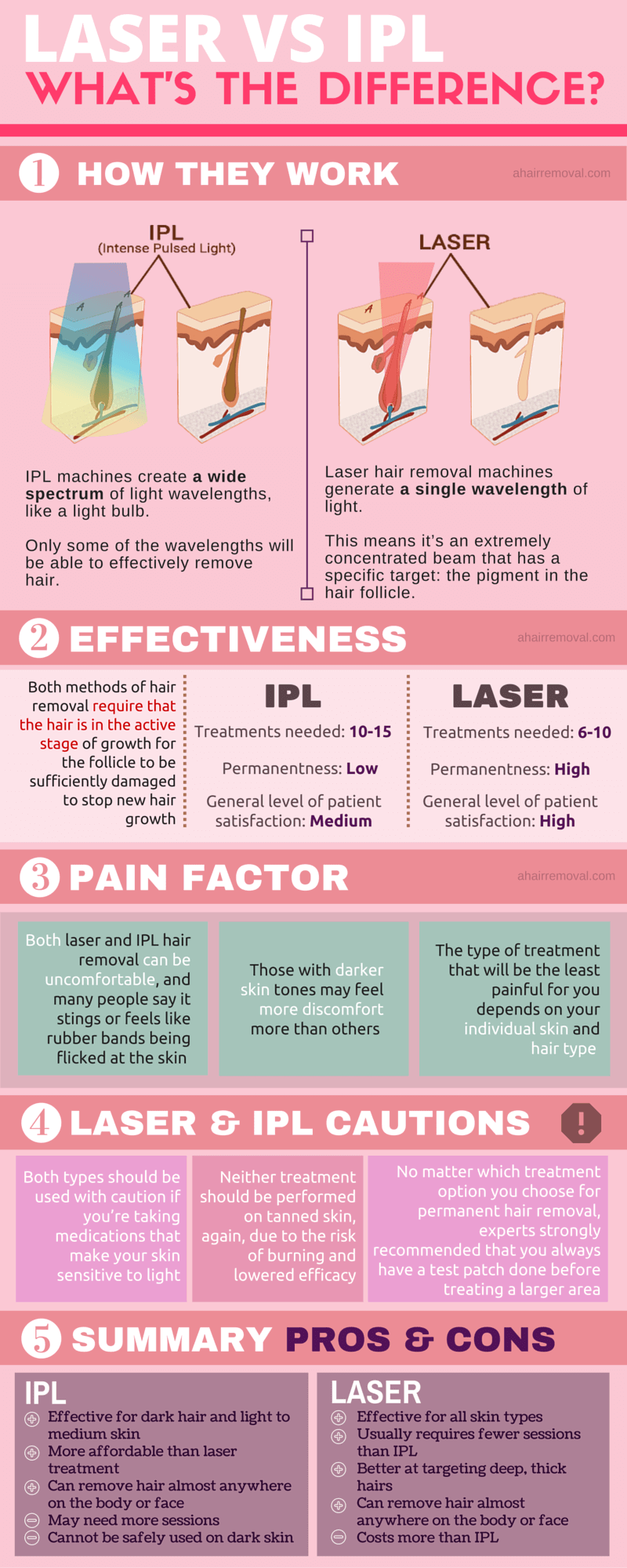Misconceptions And Facts Concerning Acne: Debunking Common Misconceptions
Misconceptions And Facts Concerning Acne: Debunking Common Misconceptions
Blog Article
Web Content Author-Termansen Powers
You could believe that enjoying chocolate or greasy foods is the root cause of your acne, yet that's simply among lots of misconceptions swirling around this common skin condition. In https://www.dailymail.co.uk/news/article-10075827/Fans-ask-David-Beckham-cosmetic-surgery-used-Botox-like-Gordon-Ramsay.html , acne largely stems from stopped up hair roots, not your last dessert. Misconceptions like these can lead you to adopt inefficient skin care techniques that may even intensify your circumstance. As you browse the truths behind acne, you'll discover insights that might change your approach to skincare and aid you accomplish more clear skin. So, what actually lies under the surface area?
Common Myths Regarding Acne
When it pertains to acne, lots of people believe in common myths that can lead to complication and stress. One widespread myth is that eating delicious chocolate or greasy foods creates acne. While diet plan can influence skin health, the direct link between specific foods and acne isn't as clear-cut as many assume.
Another common misunderstanding is that you need to scrub your face intensely to improve outbreaks. In truth, aggressive rubbing can irritate your skin and aggravate acne.
You may likewise think that acne just affects teens, however grownups can experience it also, typically because of hormonal modifications or anxiety. Some individuals think that tanning can clear up acne, yet sun exposure can really bring about skin damages and aggravate breakouts in the long run.
Lastly, lots of think that using rough items will certainly get rid of acne promptly. Nonetheless, these products can strip your skin of its natural oils, bring about increased inflammation and even more outbreaks.
Scientific Facts Behind Acne
Comprehending the clinical realities behind acne can empower you to tackle this common skin problem better.
Acne occurs when hair follicles end up being clogged with oil, dead skin cells, and microorganisms. This process frequently starts with an overflow of sebum, the oil your skin normally produces. Hormonal adjustments, specifically throughout adolescence or menstruation, can activate this excess oil.
Germs known as Propionibacterium acnes grow in these clogged pores, leading to inflammation. When your body immune system responds, it can create soreness and swelling, causing those annoying pimples or cysts.
Genetics also contribute; if your moms and dads had acne, you may be a lot more susceptible to it.
Diet regimen and stress and anxiety levels can affect acne too, yet study is still progressing in these locations. While enjoying oily foods won't straight cause outbreaks, a well balanced diet plan can sustain your skin wellness.
Also, taking care of tension can lower hormone fluctuations that might intensify acne.
Tips for Handling Acne
Managing acne properly needs a combination of everyday skin care practices and lifestyle modifications. Begin by developing a constant skin care regimen. Cleanse your face two times a day with a mild, non-comedogenic cleanser to remove dirt and excess oil. Prevent scrubbing also hard, as this can irritate your skin and aggravate acne.
Next, incorporate items containing salicylic acid or benzoyl peroxide to aid prevent breakouts. Constantly follow up with a light-weight, oil-free cream to keep your skin hydrated. Do not neglect sun block; opt for non-comedogenic alternatives to shield your skin from UV damage without obstructing pores.
Past skin care, take notice of your diet. Limit sugary and oily foods, and concentrate on fruits, vegetables, and entire grains. Staying moisturized is crucial, so beverage a lot of water throughout the day.
Furthermore, take care of stress via activities like yoga exercise, meditation, or workout, as stress can set off breakouts.
Lastly, stay clear of choosing or popping pimples. This can cause scarring and additional swelling. If your acne continues, get in touch with a dermatologist for personalized therapy alternatives.
Conclusion
In conclusion, it's important to different reality from fiction when it pertains to acne. By disproving typical myths, you can much better understand your skin and make informed selections for your skin care regimen. So, why continue to believe in out-of-date concepts when the truth can encourage you? Welcome healthier behaviors, focus on gentle cleaning, and bear in mind that taking care of acne is a journey. With the appropriate expertise, you're one step more detailed to clearer, much healthier skin.
